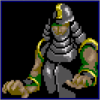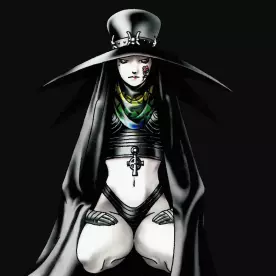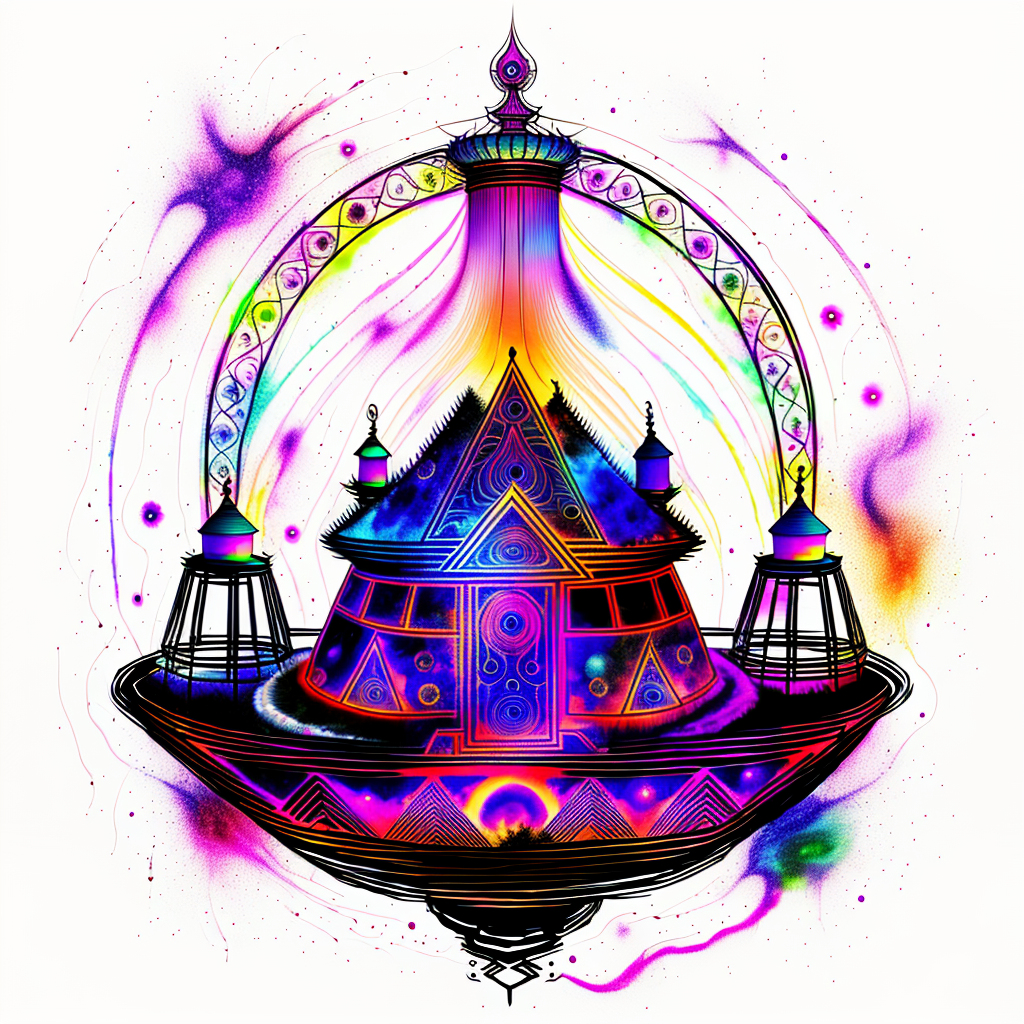Basically the title. In the US I’ve heard the fables of King Arthur and Robin Hood constantly. What are some other fabled heroes from antiquity that are less well known? Something from a non-Western culture.
There is this legend / history from Romania called Vlad Dracula. He was a Voivod (would be roughly a Count in Western nobility, but with more military powers) who brutally murdered the rich and corrupt Boyars and gave order and safety to the poor.
If you ignored the hundreds of impaled men, women and children in front of his Castles… Legend says he kept gold at the center of his towns to prove that all thieves were dead. If anyone openly stole the gold at the center of town, they’d be impaled.
Perhaps Vlad Dracula was too brutal by Western European standards. But IMO, there seems to be overarching tales of someone who stood up to the corrupt Nobility and actually enacted a sense of justice between both Robin Hood and Vlad.
Obviously, it’s 100% myth by the time people are telling stories of the Count Dracula who drinks your blood. But as a nobleman of the years 1400s or so, his true story is so difficult to separate out from the myths and legends. Whoever was for real, he was clearly brutal to have caused so many myths to be written about him.
Going further East, there are the many Tales of Baba Yaga. A powerful and brutal witch of Siberia. There’s all kinds of stories of Baba Yaga, but she usually has Twins or Triplets form, a Dancing Hut and powerful and brutal (but ironically fair) Magicks.
I wouldn’t say that Baba Yaga is like King Arthur… But Baba Yaga very similar to the evil and brutal Morgana of Arthurian lore. But Baba Yaga has no peer or equal. There is no King Arthur or other set of knights to save society from Baba Yaga wrath.
Even further East are the Fables from the Romance of the Three Kingdoms of China.
The TL;DR is that China had a massive civil war at the fall of the Han Empire in the year 200AD or so. This Civil War lasted three generations.
As the Han Emperor was stolen by the evil Dung Zhou, the 12-way Coalition army tried to save the emperor. It was too late however, China fell into a war and the 12 warlords soon entered a period of free-for-all, vying to control all of China.
The armies kill and or subsume each other until the rise of Shu, Wu and Wei. The ‘winners’ of that period of chaos. And then the real crazy shit starts happening.
They utilized Magicks to create battlefield conditions: unlikely wind that spread fires through enemy camps. They find legendary weapons. Single men fight against armies of a thousand or more.
This crazy Wizard/Inventor named Zhuge Liang invented hot air balloons and used them as communication between troop formations. No wait, this one is actually true and not a legend.
Lots of Chinese Magic and History here as the three-way free for all causes a natural set of alliance (Shu and Wu were weak early on) but then later when Shu grew more powerful, Wu and Wei staged a careful betrayal killing the God of War: Guan Yu (one of the main generals of the Shu. This is “That long-beard Guy riding the Red Horse” you keep seeing in every Chinese Restaraunt)
Romance of the Three Kingdoms is somewhere between King Arthur and the Bible in terms of importance to Chinese Culture. Even modern Chinese understand that whoever wrote the book was a Liu Bei fanboy (aka: obviously biased / favors Shu in every situation). But the book is incredibly influential to Chinese Philosophy. Many sayings and parables about the importance of scholarship and science (Zhuge Liang and Sima Yis inventions to change the course of battle), the importance of order and fairness (even the brutal warlord Cao Cao of Wei was well known and well-regarded as a fair king). The importance of recruitment efforts, and other such parables / philosophy regarding how societies can gain advantage over each other. Not just battle, but through economic power, legends, and more.
Romance of the Three Kingdoms is exactly what I was going to suggest.
Its hard to overstate how “legendary” the names are of Romance of the Three Kingdoms.
The Sun family who controls Wu (one of the Three Kingdoms), is the same Sun family who wrote Sun Tzu’s Art of War.
Wow! Thanks for sharing amd all the detail. Amazing stuff. Loved reading it.
gave order and safety to the poor.
Didn’t he end poverty by inviting all poor people to eat and then burning the place down with them inside?
Honestly, if it doesn’t end with people getting impaled on spikes in front of his castle, I have a tough time believing it was Vlad, lol. Pretty much everything ended with “And then they were impaled to serve as a warning to everyone else” like every damn time.
There is Ngatetpya the great cat burglar of Myanmar. He was an actual person from 15th century or something but the later myth describe him as having as having super natural powers granted by enchanted tattoos on his legs. Like neighbouring country of Thailand, the tradition of enchanted tattoos were quite big in ancient Myanmar. You were not considered a man until you have thighs full of tattoos. Anyway, he could jump really high by slapping on his thighs, steal from rich people using his jumping powers and gave back to the poor. When he was finally caught, the king asked him to choose the weapon with which he was to be executed. The burglar blatantly said that he chose the queen consort. The gall of this guy impressed the king so much that he let him serve in his army. History described him as a successful scout/assasin in the king’s army.
Not entirely dissimilar from Lancelot in Arthurian legend is Genji from The Tale of Genji (11th century Japan). Genji was also the male ideal: attractive, charismatic, talented. And, of course, sleeping around and getting in trouble for it. The key difference is Lancelot had valor on the battlefield, whereas Genji did his battles in court politics.
I got nothin’ but this tangent: J.R.R. Tolkien did his world building and the novels they’re set in because he was jelly of the rich mythology of the neighboring northern European countries, and wanted England to have its own. I guess King Arthur and Robin Hood wasn’t good enough for him.
He’s not missing out by that much to be honest. The richer stories are more complex than anything, anyone can make something complex. It takes a somebody to craft something where every detail means something. Which Tolkien did.
Not sure if you’d consider New World culture to be “Western”, but one that might fall in line with the pseudohistorical vibes of the two you mentioned would be Deganawida, an ancient diplomat from the 1100’s who came to five warring tribes and settled disputes, causing it to flourish into a democracy during a time when democracies weren’t an ongoing thing. His adventures are filled with what many might call performing miracles as well as moments of philosophy, profound symbolism, and even the earliest example of actual women’s rights.
Meng Hao, I Shall Seal the Heavens.
The 12th Doctor met Robin Hood, who he insisted was fake even after meeting him. It was genuinely a very fun episode.
The TV series Merlin had the late great John Hurt and was also a super fun time.
The 13th doctor met the king during the witch hunts, which apparently was a decent impersonation of him. It was called The Witchhunter iirc
You could probably just look up any major medieval theft for something VERY specific
I wish the doctor would visit other cultures, he is very rarely seen outside the Anglosphere. There’s so much missed potential in his time travelling.








